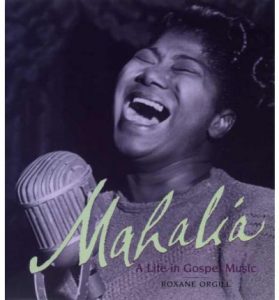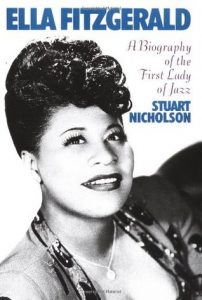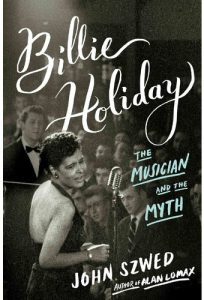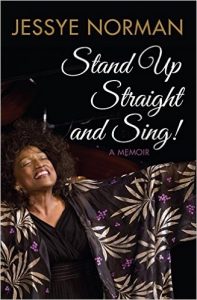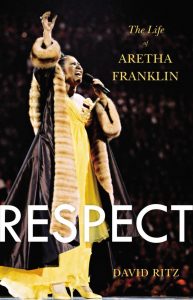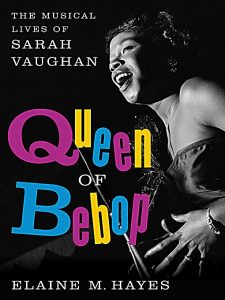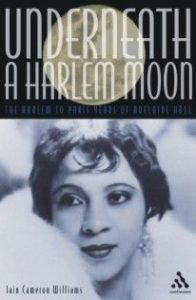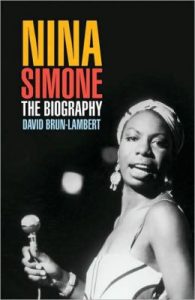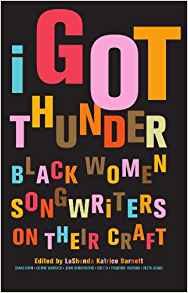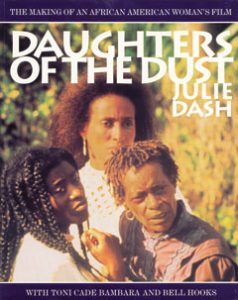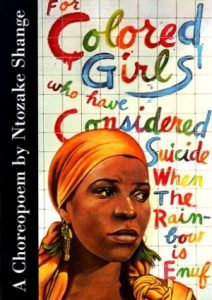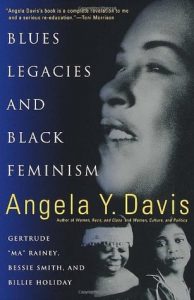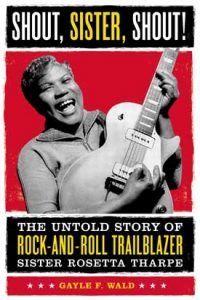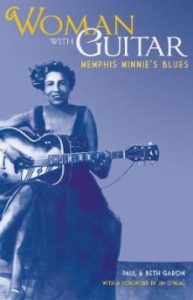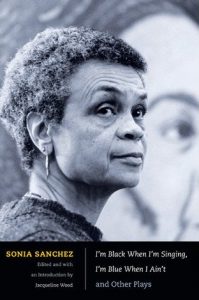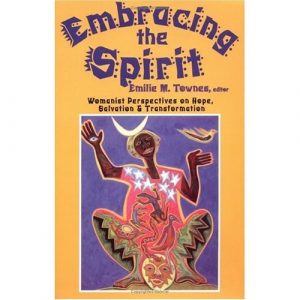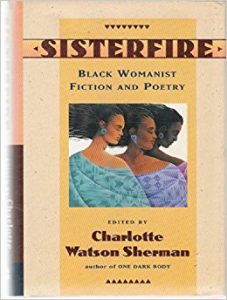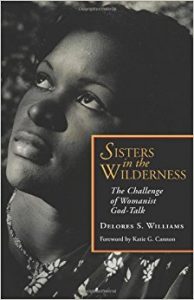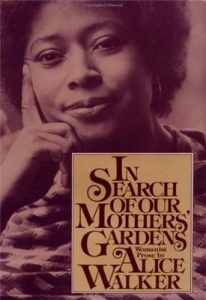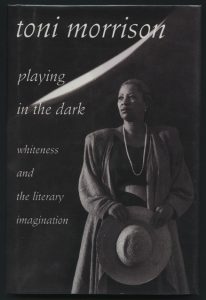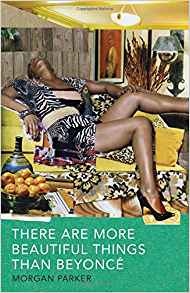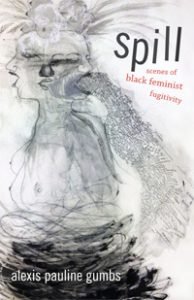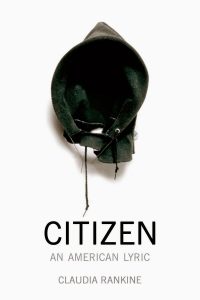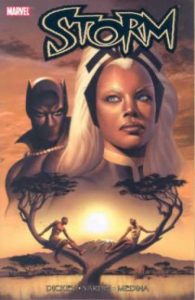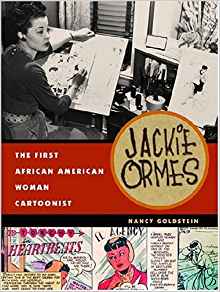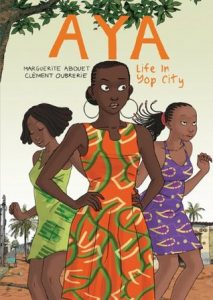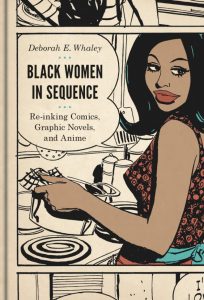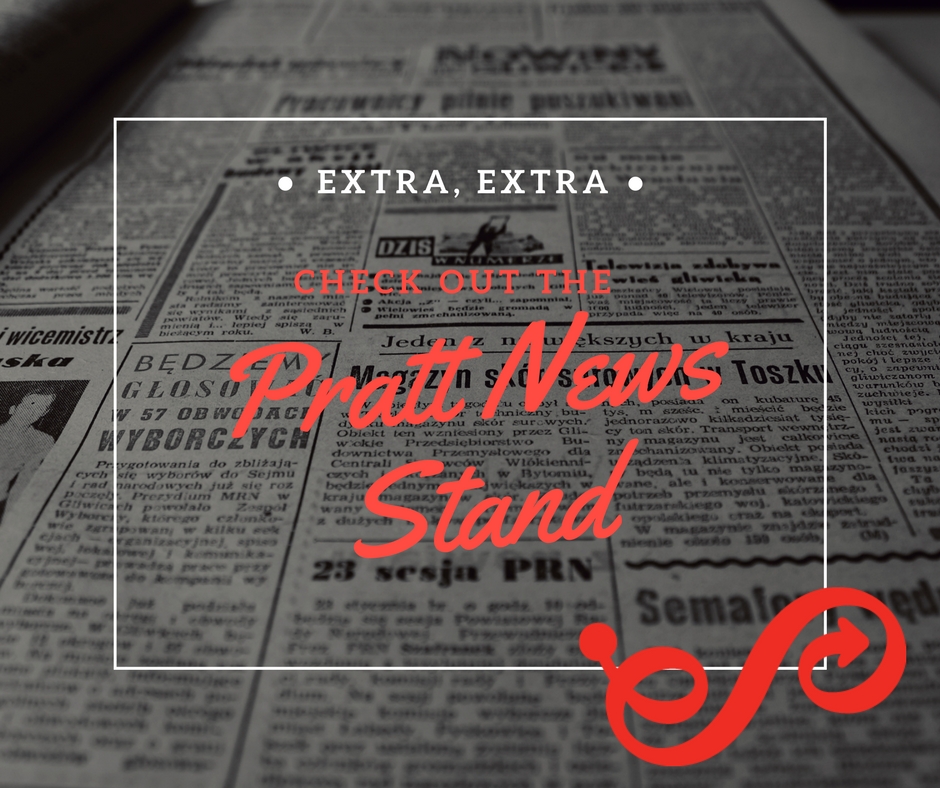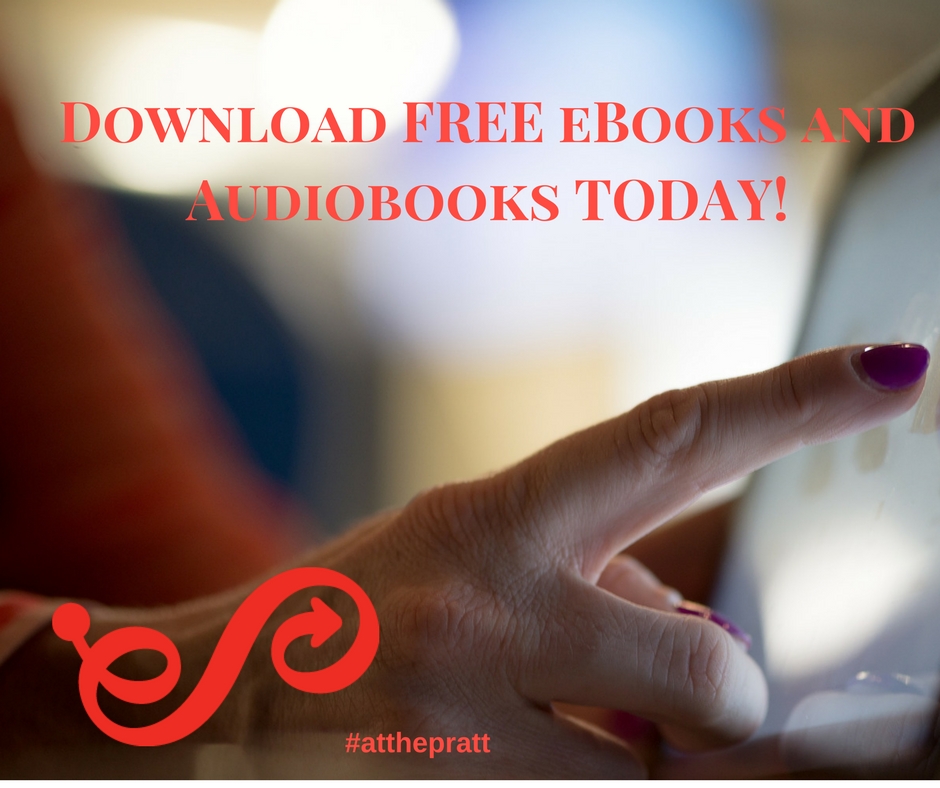by Mary Dzwonchyk, Information Services Librarian
Words have power. Throughout history, carefully crafted manifestos have influenced policy, swayed popular opinion, shifted social tides, and given birth to revolutions. A single well-turned phrase can capture the hearts of the world or turn a nation against its leader. Poetry is nothing more or less than words, words precisely chosen and artfully arranged to form linguistic music. The words of a well-crafted poem are needles that pierce the superficial skin of our self-made differences to touch the universal human heart that beats below.
Poetry has power, and that power has long been harnessed by activists and revolutionaries as a tool for raising awareness, inciting action, and lending support to the oppressed. Poets like Hayan Charara, Emmy Perez, and Nikki Giovanni write about their experiences with discrimination and injustice in order to raise awareness for societal problems, shaking awake complacent readers. “My phone is tapped my mail is opened,” Giovanni writes in “My Poem.” “[but] if they take my life it won’t stop the revolution.”
Some poets go further, issuing calls to action. “These walls oppression builds/Will have to go!” Langston Hughes declares in his poem, “I look at the world.” “Let us hurry, comrades/The road to find.” In “Let America Be America Again,” Hughes details the plight of the “poor white, fooled and pushed apart;” “the Negro bearing slavery’s scars;” and “the red man driven from the land.” He cries out to the downtrodden that “We must take back our land again, America!”
Other poets, like Gwendolyn Brooks and Diane Di Prima, offer encouragement, support, or practical advice to those who share the ongoing struggle against oppression. In her poem “Speech to the Young,” Brooks reassures those fighting toward progress that they “will be right./For that is the hard home-run. Live not for battles won…Live in the along.” Di Prima doles out survival tips in her poem “Revolutionary Letter #3,” advising those who find themselves in the midst of an uprising to “store water…they turned off the water/in the 4th ward for a whole day during the Newark riots.”
Some, like Denise Levertov, use poetry to explore ways to end oppression and create peace. In her poem “Making Peace,” Levertov dissects society as if it were itself a poem, applying literary vocabulary to her description of our world and the changes it must make in order for peace to flourish. “Peace, like a poem,” she writes, “can’t be known except/in the words of its making/grammar of justice/syntax of mutual aid.”
While literary activism harnesses the power of poetry on a national or even international level, poetry’s power can resonate on the individual level as well. For someone struggling with mental illness, for instance, there is catharsis to be found in articulating that struggle through poetry. By naming a thing – by describing it, making it tangible through language – you contain the thing, you pin it down, you own it. Poets like Sabrina Benaim, Bharath Divakar, and Yashi Brown draw on their personal struggles with depression, bipolar disorder, OCD and other conditions in crafting their poetry, and in so doing empower themselves to cope with and overcome those struggles. In her spoken-word piece “Explaining my depression to my mother,” Sabrina Benaim explains how “depression always drags me back to my bed/Until my bones are the forgotten fossils of a skeleton sunken city.”
The value of expressing one’s pain is not just found in the poet’s own empowerment at sharing their troubles with readers. Naming and describing mental illness through poetry helps to wear down the longstanding stigma surrounding mental illness. Poets who highlight ignored or misunderstood conditions lend validation and solidarity to readers with those conditions.
If you want to experience the power of poetry firsthand, you can find collected works by these and other poets in the Pratt’s collections. Click on the title below to reserve your copy and get you started. Happy #NationalPoetryMonth!
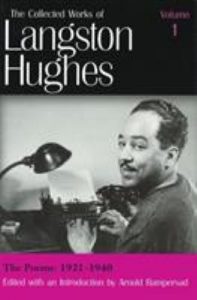

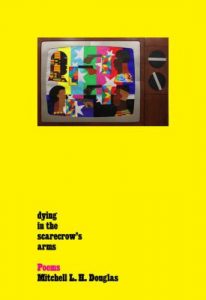
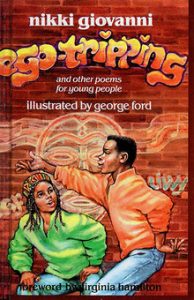
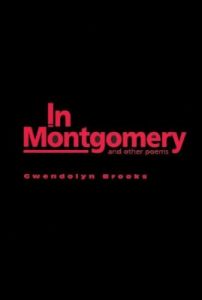
Reading a poetry book you checked out from the library? Share on social media with #atthepratt.
